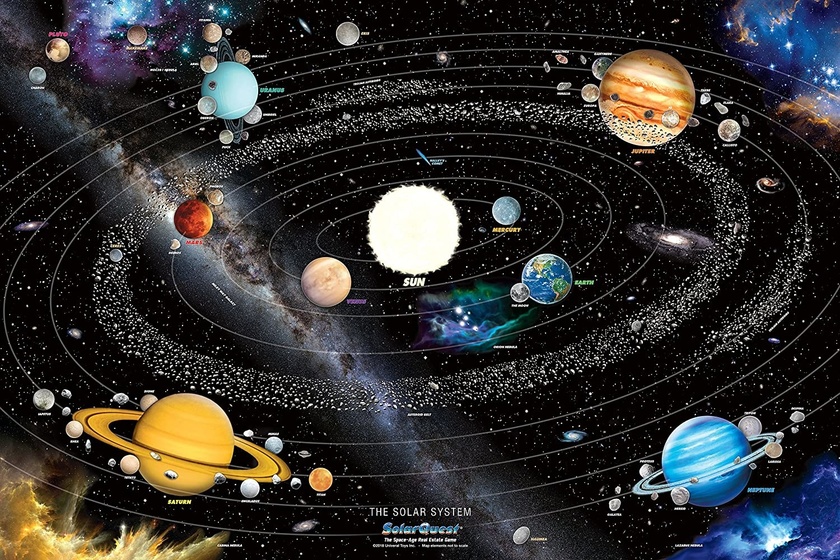The Problem is Not Being Aware of Transference
"What we’re dealing with here, is we're dealing with the dilemma the Transference brings to an already vulnerable mind.
But my concern is not about whether you're in Transference or not. I think most of you think that's the problem; that you're in Transference. It's not a problem. Honestly it's not the problem. It's okay, actually. It’s not the problem.
The problem is not being aware of it. That's the problem. It's about awareness. I keep on expressing this, this is a technique.
It's not about whether you're in Transference or not. It isn’t. When you're actually aware and correct in your awareness, the flow is one that changes in terms of its weighting, but there are always moments of that Transference, always, and it can be delicious.
It's about being aware of it.
If you’re aware of it, it doesn't matter anymore. I don't know if you understand what I mean.
Once you reach the point that you are just the passenger observing, it doesn't matter anymore, nothing matters anymore. You are correct. It is correct. And you are watching the movie. And it isn't about what happens in the movie, and it isn't about the twist, the nuance, and the “this and that.”
It’s that you get to watch the movie.
Out of that arises the unique differentiated genius of outer authority, the exalted state of consciousness.
Recognizing Transference is a Technique to Wake Up the Mind
I don't want you to be concerned about the Transference in the mundane sense. I want you to see what this is; this is a technique to wake up the mind. You cannot watch and be not-self. You cannot. It’s like energy and matter; you cannot. It’s one or the other.
So, if you’re watching, everything is okay. It doesn't matter what happens, it doesn't matter how it happens. It doesn't matter where it happens. It doesn't matter when it happens. It's all going to be correct.
This is the complete surrender of the manipulating inherited seven-centered mental process; the complete giving up of it. It’s what this watching teaches, this observing, this passenger's role.
You have to be able to pay incredible attention to watch these things. And they take place when you're alone. They take place when you're in company; it’s always there.
And how beautiful it is to see it, because the moment you can see it you’re suddenly free. You are not your mind; that is a holistic phenomenon.
The passenger suffers with the dysfunction of the holistic phenomena of mind.
It suffers in its limitation. It
suffers that after all of this form principle experimentation and perfection that it's still not possible to shine.
This is what awareness of Color Transference leads to is the shining of that light, that unique light going through that unique crystal, filtered uniquely, expressed with grace.
You can only do that when all the false constructs of the mind have collapsed, and you begin with
Color Transference.
You can go back through the entire history of attempts to transform the consciousness of humanity, and no one ever has had such a tool. It is an amazing thing.
I know that someday down the road, 20, 30, 40, 50 years that everybody is going to learn this as soon as they can. You transform the consciousness.
The Personality begins to finally have the self-reflected awareness of its movie. It’s only then that the fullness and the roundness of the potential of the character in the play can be realized.
It’s our magic that waits for us.
Yes, it's nice to have the body finely tuned. I do love the vehicle. But the vehicle is rented. And my Personality has existed forever, and it deserves its moment of light, that it doesn't have to wait for death and Bardo to have a sense of its splendor.
The splendor is here now. It’s in seeing.
Oh, it’s so beautiful to see, to see beyond that veil, to watch the drama, to embrace it, to love it. This is just not some other kind of thing. This technique is the foundation of the transformation of consciousness.
Think of it that way. Exercise it. It is an exercise. It’s like learning how to ride a bicycle. It's an exercise. Out of that comes such extraordinary things."
Thanks Yenal Işık and Oleksander Vasin


















